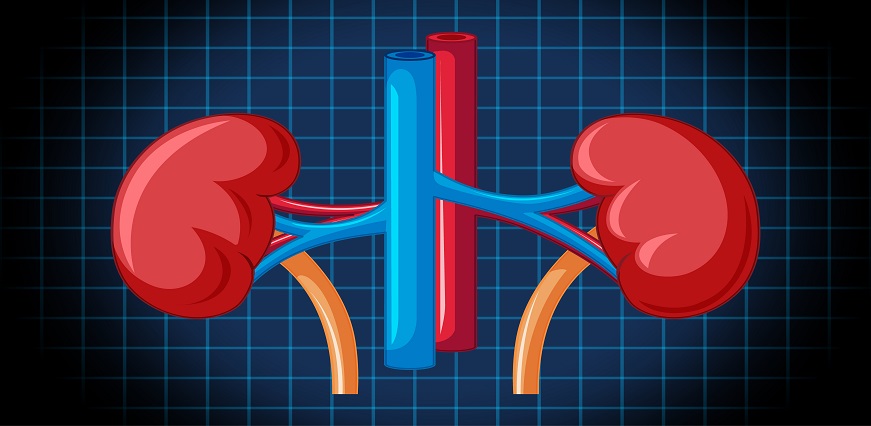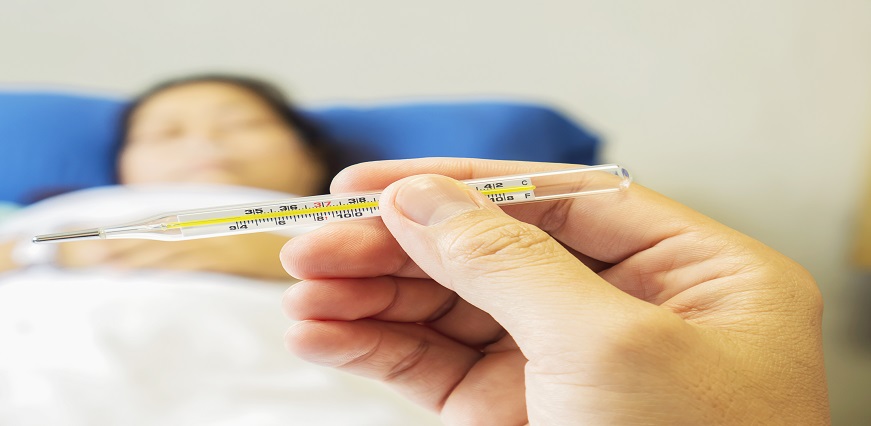


Max Lab
Sep 13, 2022
Two bean-shaped organs in the human body, the kidneys are as important for maintaining an individual’s health as the heart or lungs are. The main function of the kidneys is to remove excess fluid and waste products like creatinine and urea from the body. Other than this, they also eliminate the acid produced by the cells of the body, helping maintain a healthy balance of water, salts, and minerals.
Creatinine is a by-product of the regular wear and tear and breaking down of the muscles. The waste product is carried by the blood to the kidneys, where it is filtered out and removed from the body in the form of urine.
If the kidneys are working properly, they filter out waste products like creatinine entirely from the blood. However, improper functioning of the kidneys can lead to high levels of creatinine, meaning that there may be a build-up of waste products in the body.
Also known as a serum creatinine test, the purpose of the creatinine test is to help doctors diagnose kidney diseases. If a person is suffering from kidney disease or has kidney damage, their kidneys are unable to function properly and cannot filter creatinine as well as they are supposed to. This leads to high creatinine levels in the blood. The test for checking creatinine levels is generally prescribed as a part of a panel or along with other tests like the blood urea nitrogen test. for a more comprehensive overview of a person’s kidney health and function and for a proper diagnosis.
Apart from the serum creatinine, creatinine levels may also be measured using a urine test, where one is required to collect their urine for a period of 24 hours for testing. The urine test can be a little inconvenient but may be necessary in some cases, like if a person recently went through a marked decrease in muscle mass. On the other hand, apart from measuring if the creatinine is in the normal range, a serum creatinine test can also help calculate the estimated Glomerular Filtration Rate (eGFR), which is the rate at which the kidneys are removing waste from the blood.
The creatinine test can be prescribed to an individual if:
Other than these, one of the most common reasons why the test is prescribed is if a person is showing certain symptoms that may indicate a kidney-related issue. These symptoms may include:
Normal creatinine levels are measured in either milligrams per decilitre (mg/dL) of blood or in micromoles per litre of blood (umol/L) and the normal range of creatinine is generally defined as 0.74 to 1.35 (mg/dL) or 65.4 to 119.3 umol/L for adult males and 0.59 to 1.04 mg/dL or 52.2 to 91.9 umol/L) for adult women.
However, what is considered the normal range of creatinine not only varies from one lab to another but also depends on several factors like age, muscle mass, size, certain medication, etc. That is why it is recommended to consult a healthcare practitioner before and after the test, so they can help one prepare for the test (if there is any medication that must be discontinued before the test) and understand the results, based on what normal levels of creatinine would be for the person.
If one has higher or lower levels than the normal range of creatinine, it may not always indicate a kidney-related issue, as it may have been caused by other conditions that affect the kidneys. High creatinine may be caused by:
It is also possible for an individual to have low creatinine levels, which may have been caused by:
Blood flow to the kidneys is also higher during pregnancy, which increases a person’s rate of creatinine excretion, leading to them having lower than normal creatinine levels.
While a person’s creatinine levels are a useful marker for their kidney function, one’s physique, physical activity, and dietary choices are also essential for keeping blood creatinine levels in the normal range. Abnormal levels of creatinine may indicate an underlying condition, but a proper diagnosis is a must for initiating a treatment plan.






Comments